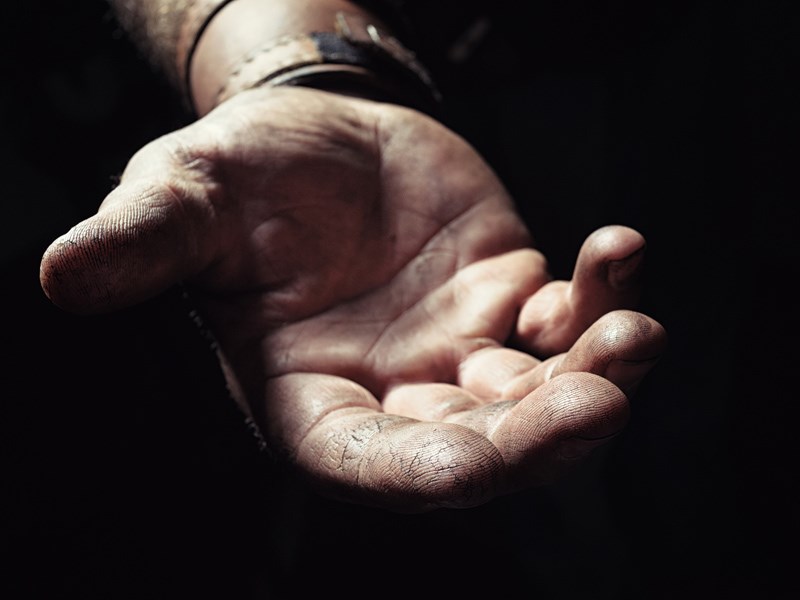To a child, a parent provides nourishment and protection from danger as well as his/her first opportunity to learn behaviours through modelling them. Babies, with a painful amount of cuteness, imitate adult’s gestures and speech in order to gain essential skills that will help them navigate the chaotic and often cruel world that lays wide open before them.
As we grow stronger, we test boundaries and seek independence from our parents and, with that, start to seek other people to mimic. We want to be the star athletes and super cool musicians that, in bright dazzling colours, fill the screens around us.
“Be Like Mike,” the Nike ad overtly instructed.
If we wore the same shoes of the basketball superstar Michael Jordan, we too could fly through the air like an ancient Greek god and make the winning shot in life.
Famous people are rich, live in mansions and have haircuts and clothes that look enviable at concerts and in movies, but often are ridiculous and misplaced when imitated. As this point is autobiographical, I say this from personal experience with a comical tone, as the years have a way of changing perspective.
Thankfully, these fashion crimes occurred before the internet and digital photography became such a ubiquitous presence that documents every moment. Very little evidence remains.
Behaviour modelling can have massive negative potential, societally and individually, when antisocial or criminal behaviours are normalized and seen as an avenue to success. Narcissistic politicians with ill intentions or self-serving, morally vapid celebrities, or a hybrid of both, can misguide the larger human community’s values, creating social divisions that can take generations to repair.
Sadly, we see evidence of this on the nightly news in current political and celebrity culture.
We hope our heroes model behaviours with core values that are virtuous, such as courage, honesty and compassion, so we can push further in life and be better.
To me, Anthony Bourdain exemplified these virtues. I admired him and his work. His punk rock adventurous spirit was fearless and he openly shared it with the world. In his culinary and cultural exploration documentary-style show Parts Unknown, his restless spirit and mastery of food and words were displayed weekly.
In a small hotel, while in rural France, filming for his television show, Bourdain recently took his own life.
What can we think when someone we admire and is, on the surface, a successful and empowered person, chooses to end their own life?
There is nothing good that comes out of any suicide, however, when a celebrity or role model makes this choice, the small silver lining is the conversation that occurs.
Suicide and its nefarious cousins: depression and anxiety, thrive in the darkness of isolation and misinformation. When we open windows of conversation, a healing, connecting light can shine on previously stigmatized topics.
Fashion designer Kate Spade, who also took her own life recently, had publicly stated she avoided getting help for depression because of its possible negative effect on her brand.
Trauma and emotional pain are often hidden behind a thin veneer of happiness and, on the surface, success.
For all the stories of defeat and pain, there are many more tales of healing, recovery and triumph over the agony we carry around like a lead block in a knapsack.
Stories of lightness and hope are sometimes passed by in our accelerated, sensationalizing media culture. We can use tragedy as a healing tool and celebrate the love and empowerment that accompanies recovery from addiction and mental illness. There are successful treatments.
We never really know what’s going on inside someone’s mind or where they are emotionally. Simple acts of compassion and empathy can be the first step in someone reaching out of the dark for help.
The Crisis Intervention and Suicide Prevention Centre of BC has a toll-free line and they’re available 24 hours per day, seven days per week at 1.800.784.2433. Powell River has many services easily accessible in town, as well.
Show compassion and reach out.
For young and old, it is the best behaviour of all to model.
Robert Skender is a Powell River freelance writer and health commentator.



